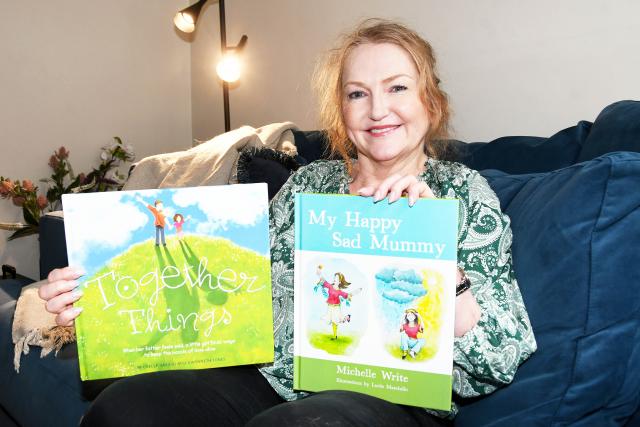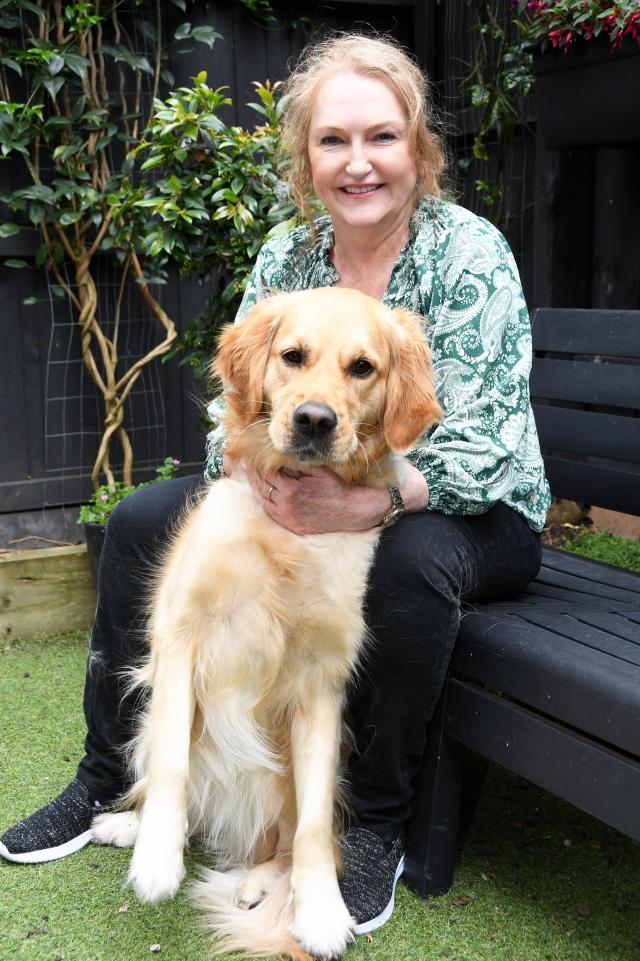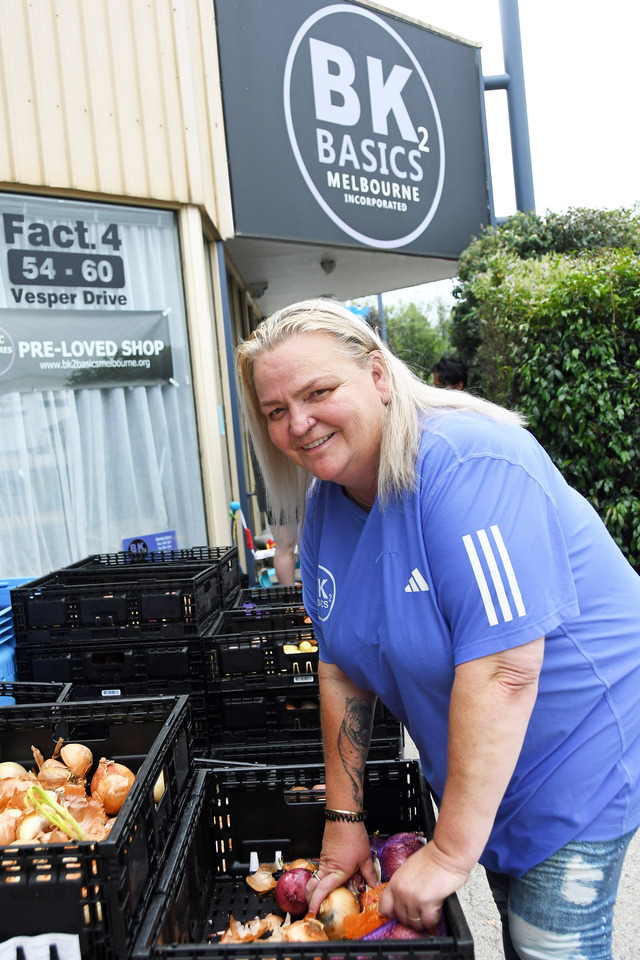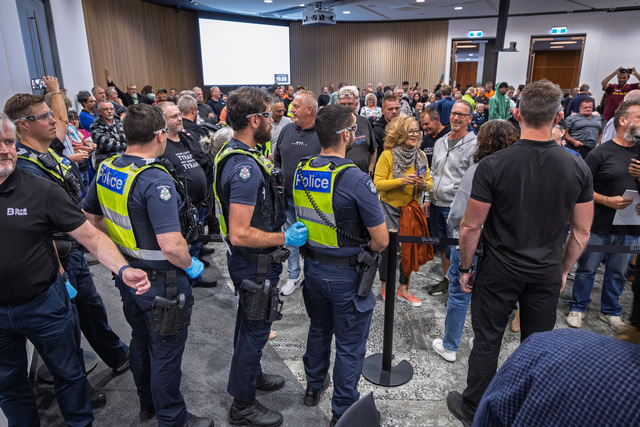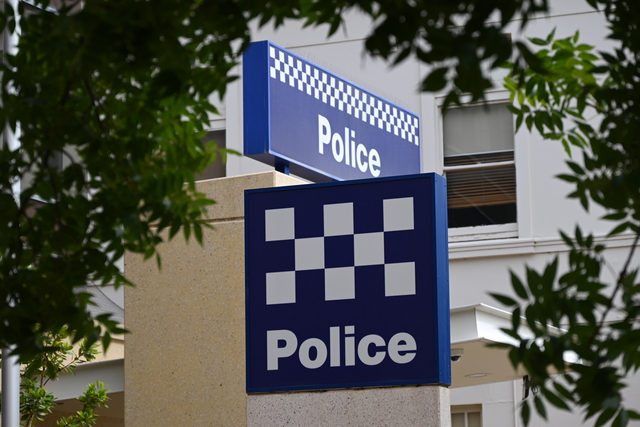When Berwick children’s author Michelle Write found out her book My Happy Sad Mummy had won the Australian Association of Family Therapy Twenty-ninth Annual Awards, she could only celebrate from her hospital bed at a South-East psychiatric hospital.
It was 2016, and Ms Write, who was diagnosed with bipolar disorder a decade prior, was experiencing a dip in her mental health.
The book itself, which chronicles the tale of a mother’s experience with bi-polar disorder, has strong ties to Ms Write’s experience with mental health.
“When I first got diagnosed, my kids were about six and three,” she said.
“We were really into picture books, we used to read them all the time and it was a great love for us, but I noticed there wasn’t anything appropriate for mental health.
“So I decided to write my own and that’s how My Happy Sad Mummy came about.”
Ms Write has published over a dozen children’s books over the last few decades, including Together Things, about a father and daughter’s experience with depression.
“It’s an easy way to explain that, if a parent isn’t up to doing some of those more challenging, active activities when they’re feeling down, they can still have a bond and they can still do things together, but in a different way.
“It’s just an understanding of what is happening to their parent, and to know that it’s not their fault and that they are still loved.“
It is not a coincidence that many of Ms Write’s books centre on mental health – a topic she tried desperately to find in children’s literature to help explain her illness to her own children.
“A lot of parents think that if you talk about mental health to children they will be scared and panic, yet research shows it’s the total opposite, that if you don’t talk about it they start to internalise it, they start to think it’s their fault.
“So it’s really important to talk about any tough subject, it doesn’t have to be mental health.
“I often can’t find what I’m looking for so I end up writing it and that’s the way I’ve gone with a lot of my projects.“
Yet, it took her many years to realise the power and gravity her written words held in the literary community.
“Not everyone is in a position to be able to use their voice, for whatever reason.
“I write and I think the written word really is my best asset.”
A few years ago, Ms Write decided to stretch her advocacy and education for mental health further and became a mental health consumer consultant, working for families where a parent has mental illness.
She is also an active member of the Victorian Mental Illness Awareness Council (VMIAC), participating in forums to drive systemic change in the public mental health sector.
It is undoubtedly a passion point for Ms Write, and one that has unfortunately been driven by alleged mistreatment within the public mental health system.
“People in the mental health system, in Victoria in particular, are at the mercy of legislation that allows these things to happen.
“It is a very very threatening, horrible environment to be in.
“I’ve been shackled to beds, put in seclusion, physically and chemically restrained.”
The Victorian Government is currently undertaking an overhaul of the mental health system following 65 recommendations from the Royal Commission into Mental Health.
In its final report, released in March 2021, recognised that the current mental health system is not equipped to handle mental health emergencies.
It is in the process of delivering a 10-year timeline of changes to better support the system.
Ms Write’s biggest goal is to achieve a reduction in compulsory treatment and restraint for mental health patients, something she hopes can be achieved through the state’s mental health reforms.
“It’s a system of abuse and [patients] are just re-traumatised over and over.
“That’s what happened to me and I’m just one of thousands, which is why I’m trying to advocate for real change.”

